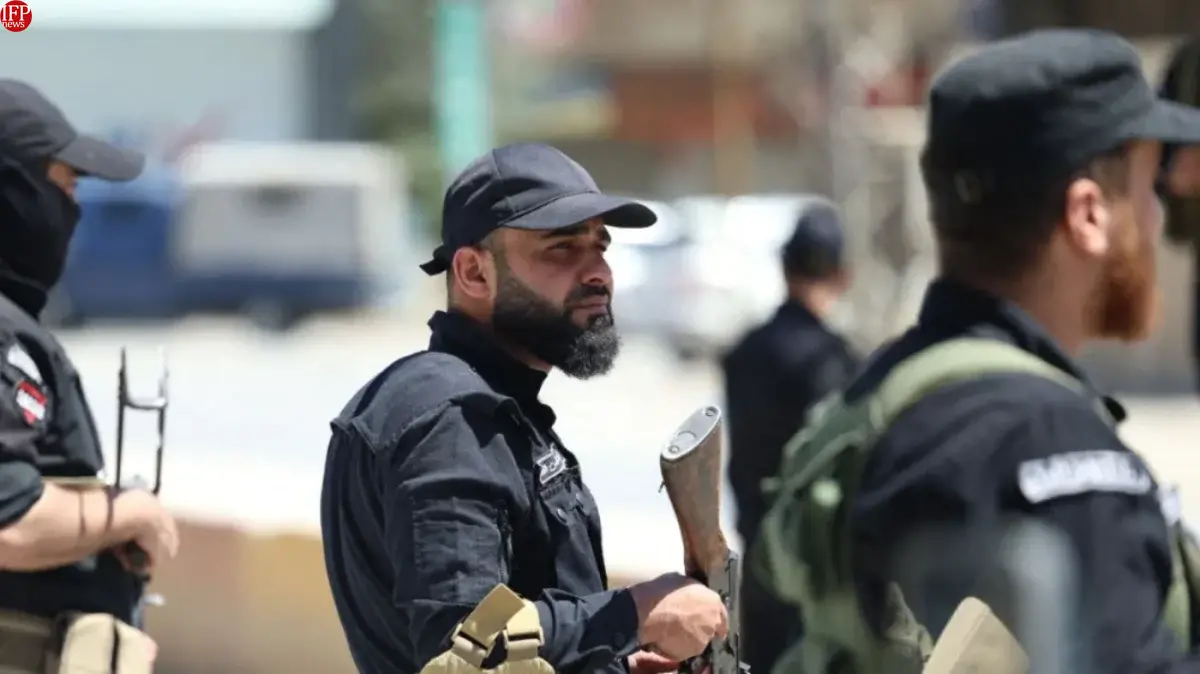
A State Department memo signed by Secretary of State Marco Rubio read: “In consultation with the Attorney General and the Secretary of the Treasury, I hereby revoke the designation of al-Nusra Front, also known as Hay’at Tahrir al-Sham.”
The memo was dated 23 June but went into effect at the time of publication.
Syrian President Ahmed al-Sharaa commanded HTS, a Syrian militant rebel group that overthrew the government of former strongman Bashar al-Assad in late 2024.
Born out of al-Qaeda’s Syria branch, the al-Nusra Front, HTS has since rejected transnational jihad, and Sharaa has stated he aims to rule for all Syrians.
However, earlier this year, some 1500 people from the Alawite minority were killed after pro-Assad militias launched attacks on government forces. A Reuters investigation revealed 40 sites of revenge killings, massacres and looting against the religious minority.
Since assuming power, Sharaa has admitted that his government is holding “indirect talks” with Israel, and last week, Syrian authorities announced they were willing to cooperate with Washington on reimplementing a 1974 disengagement agreement with Israel.
Speaking earlier on Monday, the US special envoy to Syria and Lebanon, Tom Barrack, said “dialogue has started” between the two sides.
Sharaa is likely to face opposition from his base and the broader Syrian population over a possible normalisation deal, as Israel continues to wage war on hungry and besieged Palestinians in the Gaza Strip.
Moreover, anger has also been steadily growing over Israel’s invasion of Syria’s southwest and occupying a UN buffer zone between the two sides, and bombing Syria’s military installations.
Earlier this year, US President Donald Trump met Sharaa during a trip to Saudi Arabia, where he called him an “attractive” and “tough guy”.
The Trump administration has also vowed to terminate four decades of US sanctions on Syria but has struggled to navigate multiple layers of restrictions.
Trump signed an executive order last week to end the US sanctions programme. It permitted the relaxation of export controls on certain goods to Syria and waived restrictions on certain foreign assistance.
The decision to lift sanctions on HTS underscores how quickly the US is moving on the executive order signed on 30 June.
It called on the secretary of state to review the sanctions designation on HTS and Sharaa along with Syria’s designation as a state sponsor of terror, which was imposed in 1979 when the country was ruled by Hafez al-Assad.
The order also instructed the secretary of state to review suspending the Caesar Act.
Signed into law in 2019, the Caesar Syria Civilian Protection Act allowed the US to punish companies in other countries if they engaged in transactions with sanctioned Syrian companies and entities, a mechanism called secondary sanctions.
Although the Assad dynasty was toppled in December by Sharaa’s forces, the Caesar sanctions were passed by Congress. Some experts have said they might take longer to undue than the foreign terrorist designations.
Rubio told lawmakers in May that in order to attract much-needed foreign investment in Syria, the US will begin by issuing waivers under the Caesar Act.
Since entering office, Trump has approved efforts by Persian Gulf allies Qatar and Saudi Arabia to bring Syria back into the regional fold. The two Persian Gulf states also repaid Syria’s $15m debt to the World Bank.
The Persian Gulf states are also paying the salaries of Syrian government employees. In March, Qatar began supplying gas to Syria via Jordan.







